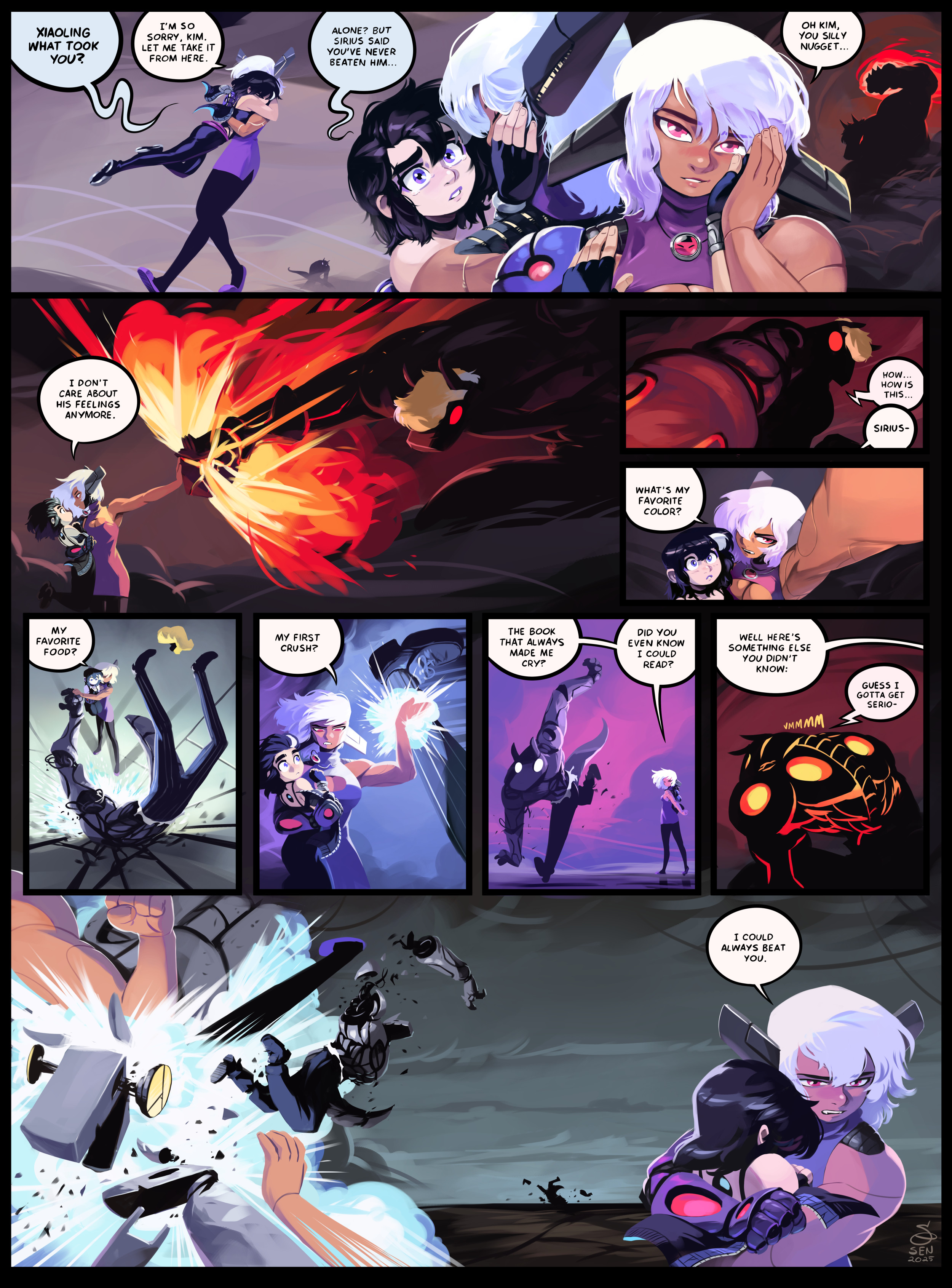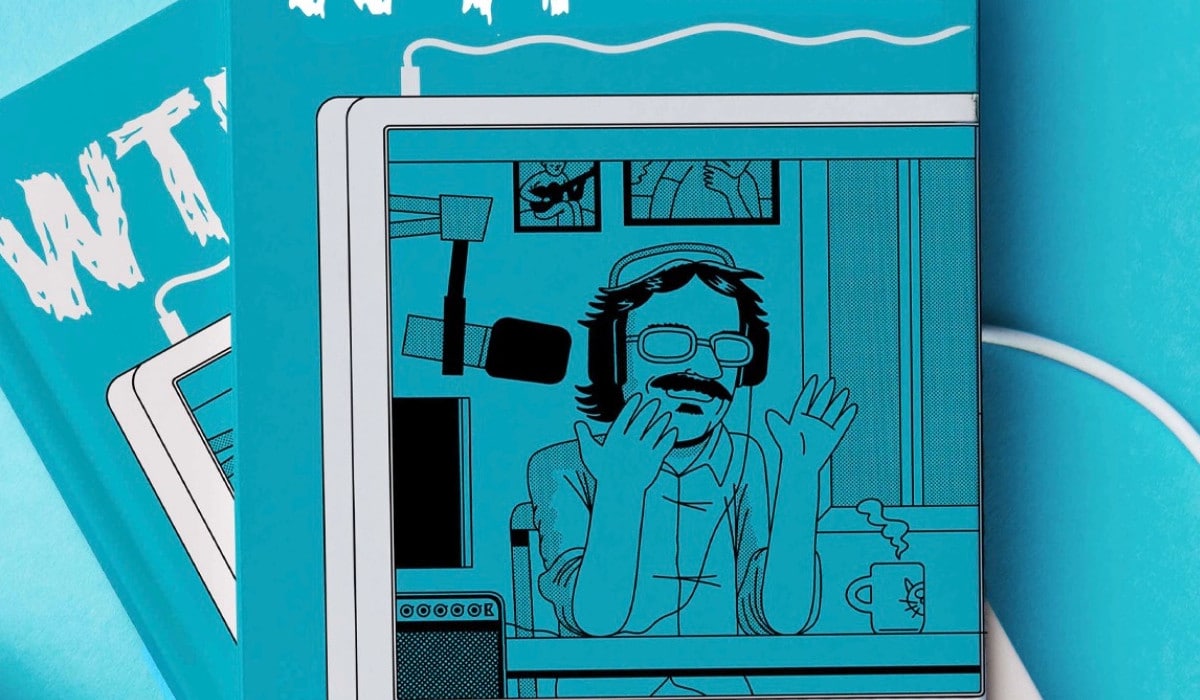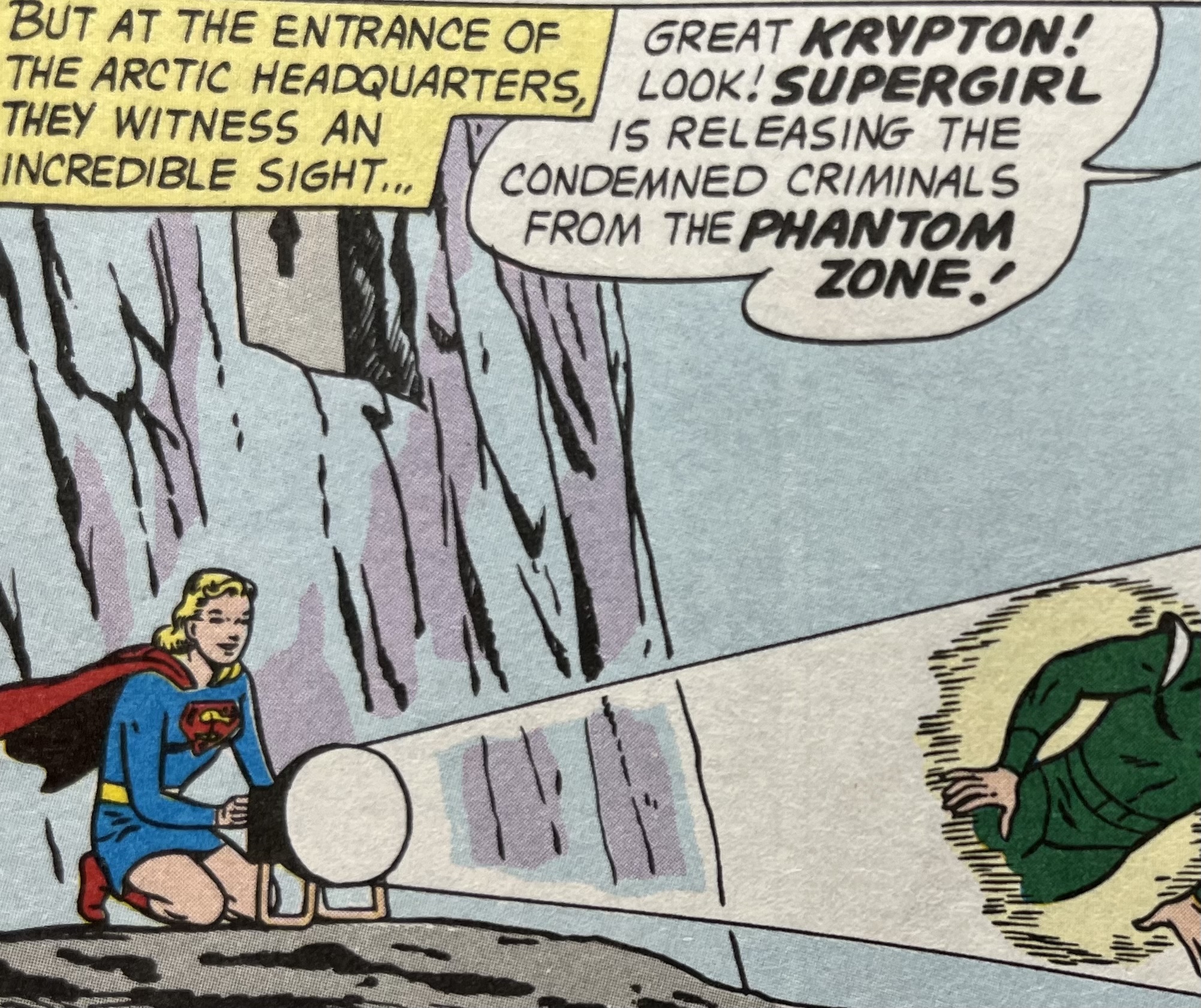Justice League International, Kraven’s Last Hunt, Moonshadow, Spider-Man: The Clone Saga, Dr. Fate, all classics that find themselves in the resumé of a master of the craft: J.M. DeMatteis, an industry legend that has either created, conceptualized, collaborated, or led the creative collective behind the comics mentioned above.
This year’s San Diego Comic Con 2025 saw a Spotlight panel dedicated to DeMatteis’s life and work, and a well earned one at that. These types of panels often go down the route of origin stories, little known anecdotes, and key bits of industry knowledge that speak to the figure’s place in the overall trajectory of the medium’s history.
While DeMatteis ticked all these boxes, what truly stood out from the one-hour panel were the notes he gave on the creative process. After the author’s origin story was laid out, the rest of the panel felt like an in-depth class on creativity and execution. Lessons were offered and advice was given out, all pointed towards putting writing and storytelling under the microscope.
Below are ten valuable pieces of creative advice that every working and aspiring writer should take to heart. In essence, DeMatteis gave those in attendance a masterclass on imagination and the means to give it life. You’d do well to keep these lessons close. They follow below:
- Sometimes, will is better and more important than talent. You can grow talent by sticking with it, but you need the will and the fire to complete projects and send them out into the world.
- The most important part of writing is the unconscious. It’s like when a dog walks around and doesn’t know what to do, he’s a bit indecisive. But then he settles on a spot worth lying down on. He’s calm with his decision. Storytelling can be like that. It has to pace around a bit till it finds its spot.
- If you can’t deliver the work, you’re out. You need to be reliable.
- Stories are looking for someone to tell them. It’s like the metaphysical moves through the unconscious.
- Don’t always look at yourself for the story. Let the mind wander and watch the movie your subconscious is projecting in the back of your mind.
- Always follow the metaphorical horse. If it’s pulling you one direction, let it guide you.
- When working on established characters, look for rich pockets of psyche. Find something to latch onto and let the plot grow from there. Characters will ultimately dictate plot a lot of the time.
- Dialogue can really change the story. It can branch into subplots and entirely different directions. Some people are too protective of their plots. Good thing about writing is that dialogue can change the very direction of a story, so don’t be afraid to explore those other avenues that good dialogues between characters open up.
- Sticking to stories for the long run lets you plan for different beats later on. You get more storytelling options and you can start setting up meaningful developments that pay off when you most need them to.
- This might not be for everyone, but for me writing is much like crafting a song. Caption boxes can be like lyrics, whereas dialogue can establish rhythm. Sometimes a caption can start on one page and finish two pages later, extending a note.
Stay tuned to The Beat for more coverage from SDCC ’25.






















 English (US) ·
English (US) ·